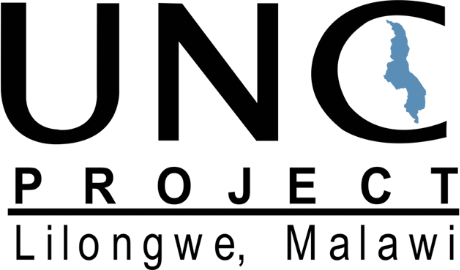Cost-Effectiveness And Health Economic Evaluation
COURSE SUMMARY
Health care technology is defined broadly as: “programs, processes, procedures, drugs or other interventions aimed at improving health, preventing disease, alleviating symptoms or postponing death of human populations”. This course provides an introduction to the methods and application of economic evaluation to health care technologies. Policy makers should allocate resources to the most efficient competing technologies and ensure equity in access to cost-effective technologies; these decisions can be informed, but not dictated by, quantitative analyses of costs and benefits. Topics covered in the course include basic methods used to identify when an economic evaluation may be useful, measure and summarize health outcomes and estimate their value to patients or to the public, identify resources used and estimate their costs, and understand and interpret cost-effectiveness results.

INTENDED LEARNING OUTCOMES
This course has two broad learning objectives: to teach participants techniques enabling them to:
- (1) to understand when health economic evaluations may be useful and basic requirements for conducting one, and
- (2) understand and interpret results of economic evaluations.
- I. Techniques for Economic Evaluation of Health Care – participants will learn about the rationale for conducting a health economic evaluation and be able to describe health outcomes and cost measures that are relevant to healthcare decisions, reflecting the perspective of the analysis. Participants will also learn how to identify relevant data and adjust these as needed for analyses and interpretation.
- II. Understand, Report and Interpret Results of Economic Analyses – Participants are expected to understand the requirements for reporting economic analyses and be able to critique in a clear and appropriate manner economic evaluations.
